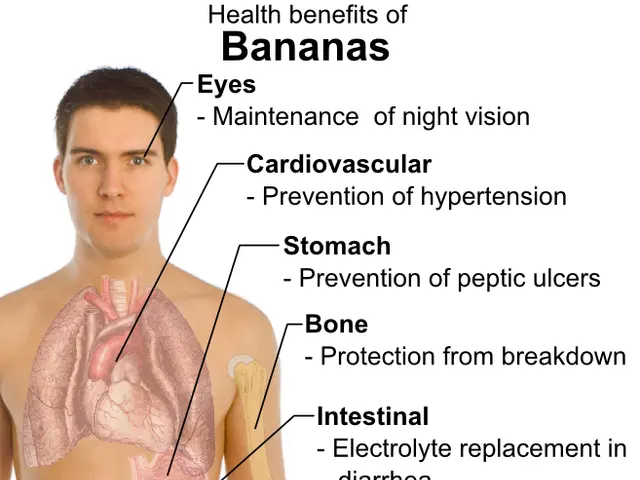Magnesium: Essential for Health, Found in Foods and Supplements
Magnesium, an essential metal for human health, is found in various foods and supplements. It plays a crucial role in numerous bodily functions. Here's a rundown of magnesium's importance, sources, and potential benefits.
Magnesium is vital for over 300 enzymatic reactions, supporting protein synthesis, muscle and nerve function, energy release, and blood regulation. It's found in magnesium-rich foods like nuts, seeds, whole grains, seafood, meat, legumes, green leafy vegetables, and dark chocolate. The recommended daily intake is 310-420 mg for adults and 30-410 mg for children, depending on age and sex.
Magnesium supplements are promoted to prevent muscle cramps, manage insomnia, and help with migraines. However, evidence supporting these claims is mixed. It's important to consult a healthcare provider before taking supplements to ensure appropriate dosage and avoid excess intake of other nutrients. Symptoms of magnesium deficiency include muscle spasms, low appetite, nausea, vomiting, and abnormal heartbeats. Deficiency can be caused by restricted diets, gastrointestinal problems, type 2 diabetes, alcohol dependence, and older age.
Magnesium, originating from stellar nucleosynthesis, is crucial for human health. It supports energy production, muscle relaxation, nerve function, bone strength, and is involved in over 300 enzymatic reactions. While whole foods are the best source, magnesium supplements can be considered under medical guidance. However, they may cause gastrointestinal discomfort and high doses can lead to magnesium toxicity.







